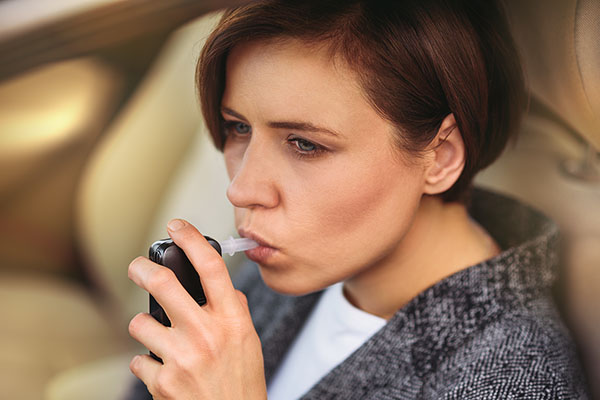Understanding DUI and DUI Per Se in Virginia

A DUI arrest can occur under multiple circumstances in the Commonwealth of Virginia. Even if you don’t take a breathalyzer or field sobriety test, an officer could arrest you simply for believing you are under the influence. “Under the influence” could also mean various things. A person could be convicted if they have a prohibited amount of drugs or alcohol in their system, known as DUI per se. Here, we’ll discuss Virginia’s DUI laws and the elements required for a per se conviction.
Virginia DUI Law
DUI means driving under the influence. In Virginia, the law uses the term driving while intoxicated. According to Virginia code § 18.2-266, a person drives while intoxicated if they operate or drive a motor vehicle, train, or engine while:
- Having a blood alcohol concentration (BAC) of at least 0.08% by weight by volume or 0.08 grams or more per 210 liters of breath from an administered chemical test;
- Under the influence of alcohol;
- Under the influence of a narcotic drug or any self-administered drug or intoxicant, or a combination of drugs that impairs driving abilities;
- Under the combined influence of any drug or drugs and alcohol that impairs the ability to drive or operate a motor vehicle; or
- Having a blood concentration of 0.02 milligrams of cocaine per liter of blood, 0.01 milligrams of phencyclidine per liter of blood, 0.1 milligrams of methamphetamine per liter of blood, or 0.1 milligrams of 3,4-methylenedioxymethamphetamine per liter of blood.
An officer can arrest someone for DUI on suspicion of being under the influence, and no chemical test or field sobriety test is necessary.
Elements of DUI Per Se
A driver with a blood, urine, or breath test showing a BAC of 0.08% or higher is under the influence. This particular offense falls under DUI per se laws.
DUI per se depends on scientific evidence instead of an officer’s determination of impairment. That means an arrest can happen if a chemical test shows a BAC at or above the legal limit. Law enforcement could also arrest someone if a blood test shows narcotics beyond the maximum limit.
How Implied Consent Affects Blood and Breath Tests
Virginia Code § 46.2-341.26:2 determines a person provides implied consent by operating a motor vehicle on a public highway. Someone arrested for DUI within three hours of the offense must submit to a chemical test to check for the presence of alcohol or drugs in their system.
The first test option should be a breath test. However, a blood test is allowed if a breath test isn’t available or the driver isn’t physically able to submit to one.
Anyone arrested for DUI could refuse a chemical test. However, it can result in civil or criminal penalties. A first offense comes with civil penalties. The court could choose to suspend the defendant’s driving privileges for one year. Subsequent refusals following a DUI arrest can lead to more severe penalties, such as license revocation, jail time, or fines.
Contact Us
At The Law Office of Bain Sheldon, our DUI and DUI Per Se criminal defense lawyers have provided aggressive and effective representation for those charged with DUI in Virginia since 2006. When you hire us, we will fight to protect your rights and work to get the charges reduced or dropped. We’ll do everything in our power to get the best possible outcome for you.
If you or a loved one are facing DUI charges, call The Law Office of Bain Sheldon at (804) 282-8625 for a confidential consultation with our Richmond DUI defense lawyer right away.






